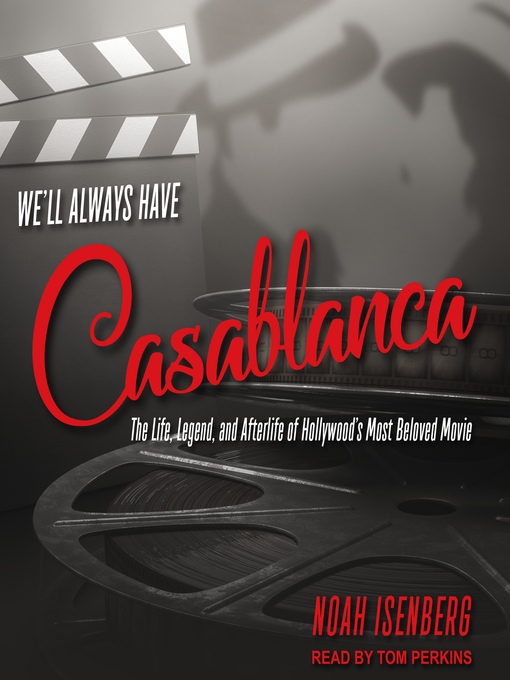- Homemade for the Holidays
- Warm Up with Holiday Reading
- In Memorial: Sophie Kinsella
- Long Books for Winter Hibernation
- Cozy Up with Holiday Romance
- Winter fantasy
- Freedom to Read- Banned Books
- Pumpkin Spice & Everything Nice
- New eBook additions
- Level Up at Your Library!
- All You Have to Do Is Call: Friendship Reads
- Library Love
- Buried in the Garden: Garden, Farm, Flower Cozies
- See all ebooks collections
- Warm Up with Holiday Reading
- Cozy Up with Holiday Romance
- In Memorial: Sophie Kinsella
- Winter fantasy
- Long Books for Winter Hibernation
- Freedom to Read- Banned Books
- Pumpkin Spice & Everything Nice
- Dive In, If You Dare
- Level Up at Your Library!
- All You Have to Do Is Call: Friendship Reads
- Library Love
- Buried in the Garden: Garden, Farm, Flower Cozies
- New audiobook additions
- See all audiobooks collections
- #ownvoices / Diverse Books
- Antiracism Resources
- Sheet Music & Song Books
- Bücher auf Deutsch / Books in German
- Civil Service Test Prep
- The Great Courses
- QuickReads Collection
- See all featured collections collections

